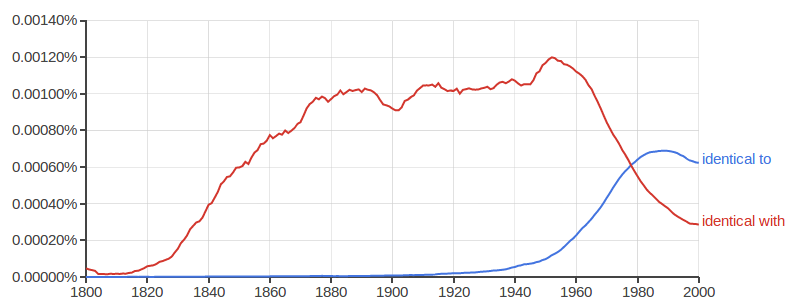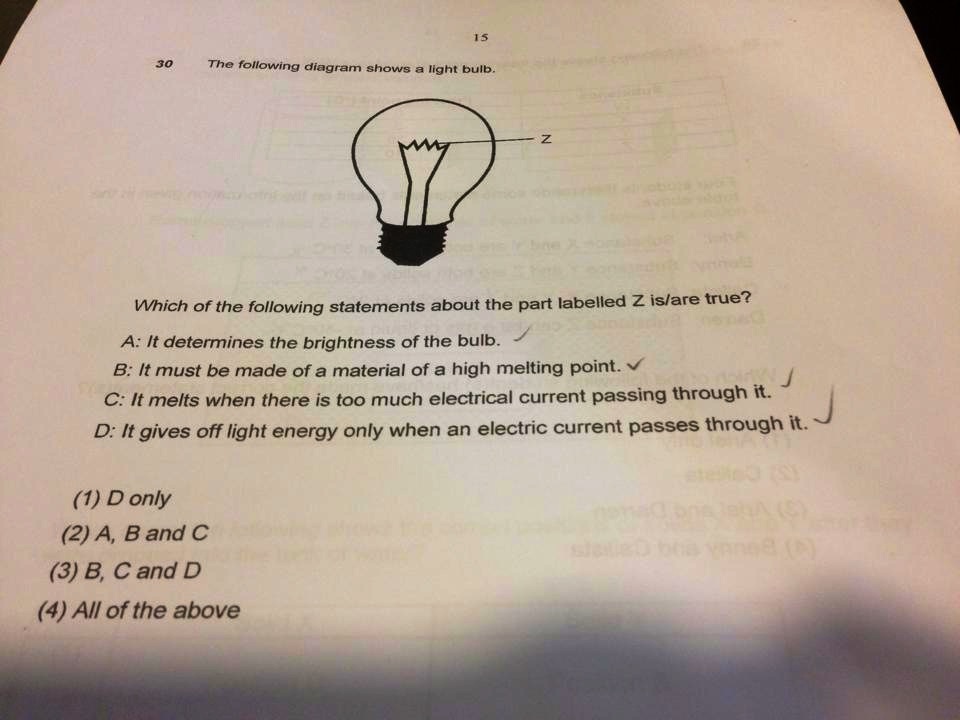Sufjan Stevens has posted an interesting comment on Miley Cyrus's "Get It Right". You should go read it on his blog, but since I've noticed that LL commenters often don't follow links, here's the text:
Dear Miley. I can’t stop listening to #GetItRight (great song, great message, great body), but maybe you need a quick grammar lesson. One particular line causes concern: “I been laying in this bed all night long.” Miley, technically speaking, you’ve been LYING, not LAYING, an irregular verb form that should only be used when there’s an object, i.e. “I been laying my tired booty on this bed all night long.” Whatever. I’m not the best lyricist, but you know what I mean. #Get It Right The Next Time. But don’t worry, even Faulkner messed it up. We all make mistakes, and surely this isn’t your worst misdemeanor. But also, Miley, did you know the tense here is also totally wrong. Surely you’ve heard of Present Perfect Continuous Tense (I HAVE BEEN LYING in this bed all night long [hopefully getting some beauty sleep?]). It’s a weird, equivocal, almost purgatorial tense, not quite present, not quite past, not quite here, not quite there. Somewhere in between. I feel that way all the time. It kind of sucks. But I have a feeling your “present perfect continuous” involves a lot more excitement than mine. Anyway, doesn’t that also sum up your career right now? Present. Perfect. Continuous. And Tense. Intense? Girl, you work it like Mike Tyson. Miley, I love you because you’re the Queen, grammatically and anatomically speaking. And you’re the hottest cake in the pan. Don’t ever grow old. Live brightly before your fire fades into total darkness. XXOO Sufjan
Read the rest of this entry »

